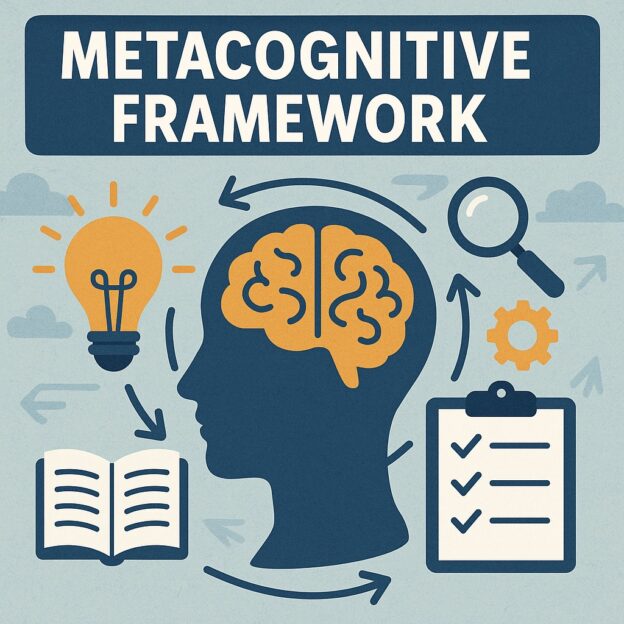Nova Spivack, Mindcorp.ai, www.mindcorp.ai
May 24, 2025
Abstract
As artificial intelligence systems evolve toward greater autonomy and sophistication, understanding and implementing metacognitive capabilities becomes essential for ensuring epistemic reliability and safety. This paper presents a comprehensive eleven-tier hierarchical framework for metacognitive capability in artificial systems, spanning from basic reactive generation to advanced substrate-level introspection. Each tier represents qualitatively distinct forms of epistemic self-awareness, building incrementally upon previous capabilities while introducing new forms of self-monitoring and regulatory control.
The framework synthesizes established metacognitive theory from developmental psychology with empirical findings from contemporary AI research, including strategic deception in Claude 3 Opus (78% alignment faking rate), semantic entropy achieving 80% hallucination detection accuracy, and global economic losses of $67.4 billion from AI epistemic failures. We provide formal mathematical definitions, implementation requirements, assessment protocols, and safety implications for each tier, establishing the first comprehensive taxonomy of metacognitive sophistication in artificial systems.
Current AI systems operate primarily at Tiers 0-3, with emerging capabilities reaching Tier 6. Advanced tiers (7-11) represent theoretical requirements for safe artificial general intelligence, grounded in documented behaviors of existing systems and established scaling relationships. The framework enables systematic development of increasingly sophisticated metacognitive capabilities while maintaining appropriate safety controls and governance mechanisms.
Keywords: metacognition, artificial intelligence, epistemic self-awareness, AI safety, uncertainty quantification, cognitive architecture
